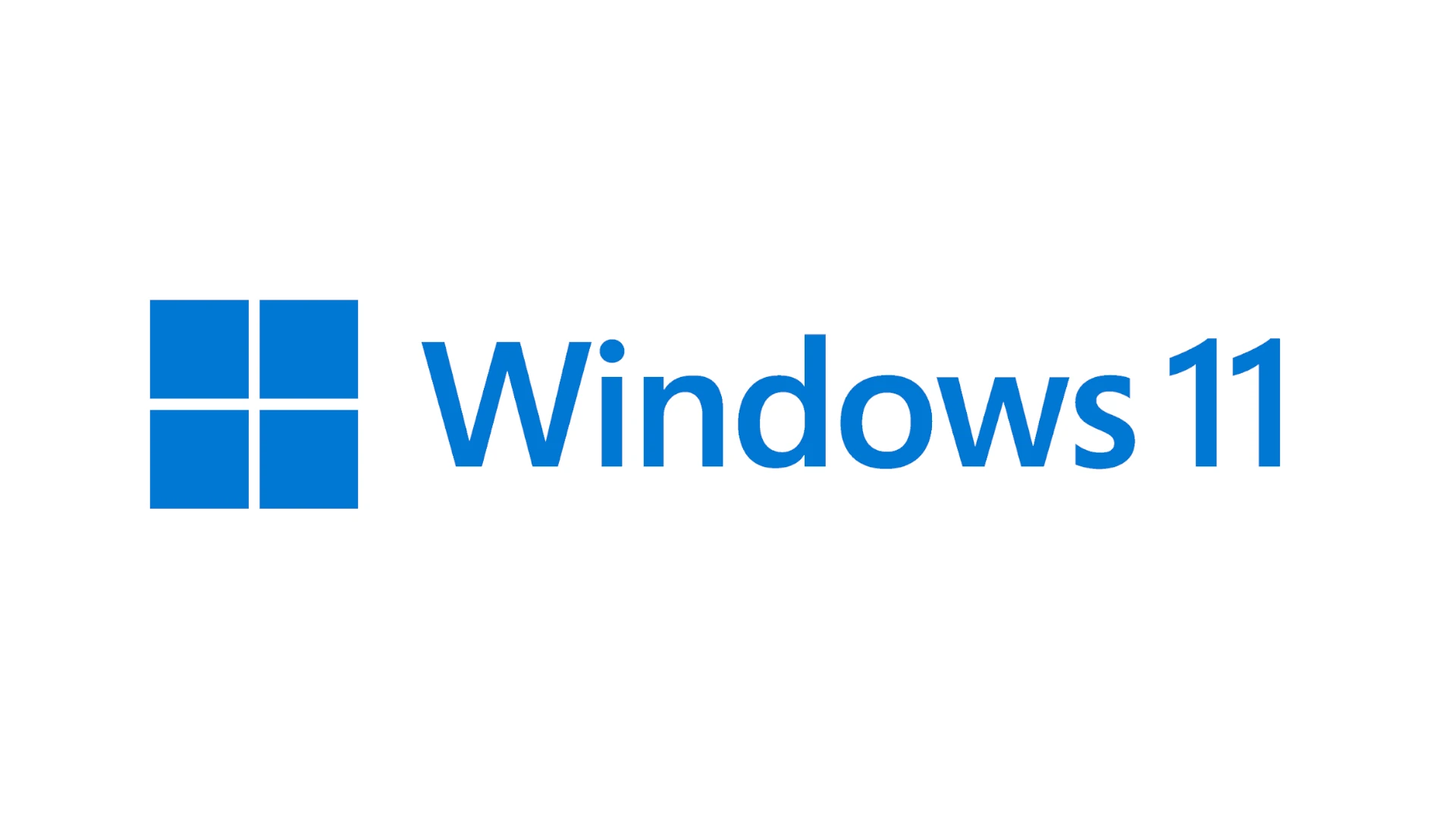AMD’s new Zen 5 processors will get a big performance boost when they’re used with the upcoming Windows 11 update (expected sometime this fall). Microsoft and AMD have worked together to make the operating system work better with Zen 5. The new Windows 11 version 24H2 update should make the latest Zen 5 CPUs, especially the Ryzen 9000 series, work a lot better.
AMD had some performance issues with the CPUs at first, but they’ve been working with Microsoft to fix them. This shows how important it is for software and hardware to work well together. The changes will not only make AMD’s Ryzen series better, but they’ll also make Windows 11 work better for everyone. If the changes work as expected, AMD will be able to fix the initial problems with the Ryzen 9000 series and make their customers happy.
Windows 11’s Upcoming Update: A Performance Boost for AMD Zen 5 Users
Optimized for Zen 5 Architecture:
The upcoming Windows 11 version 24H2 update is generating buzz for its specific optimizations tailored to AMD’s Zen 5 architecture. This means that early adopters of Zen 5-based processors, such as those in the Ryzen 9 9000 series, can look forward to a noticeable performance uplift once they install the update.
Addressing Initial Concerns:
This news is particularly welcome given some initial performance reviews of the Ryzen 9 9000 series, which raised concerns about the CPUs not reaching their full potential on Windows systems. The optimizations in the upcoming Windows update aim to address these concerns, ensuring that Zen 5 processors deliver the performance they were designed for.
Performance Discrepancies:
Some early reviews and benchmarks of the Ryzen 9 9000 series, powered by the Zen 5 architecture, have revealed instances where the performance falls short of expectations. In certain scenarios, these chips have been observed to perform slower than their predecessors, the Zen 4-based Ryzen 7000 series. This unexpected outcome has raised questions about whether the new architecture is living up to its potential.
Core Parking Issues:
One possible culprit behind these performance discrepancies could be core parking issues. Reports suggest that Zen 5 processors might struggle with efficiently managing core parking, leading to performance degradation when inactive cores need to be reactivated. This issue is particularly noticeable in tasks that require rapid core switching or involve high inter-core communication.
Inter-CCD Latency Concerns:
Another potential challenge lies in the increased inter-CCD latency observed in Zen 5 chips compared to their predecessors. This increased latency could impact performance in scenarios where data needs to be transferred frequently between different chiplets within the CPU. While the exact cause of this increased latency is still under investigation, it is believed to be related to the new architecture and its communication protocols.
Power Management and Thermal Throttling:
There have also been reports of power management and thermal throttling issues with some Zen 5 processors. In certain demanding workloads, the chips can reach high temperatures, triggering thermal throttling mechanisms that reduce their performance to maintain safe operating conditions. This behavior can limit the sustained performance of the CPUs, especially in scenarios where they are pushed to their limits for extended periods.
Reported Issues with Zen 5 Chips
| Issue | Description |
|---|---|
| Performance Discrepancies | Instances of lower-than-expected performance compared to Zen 4 predecessors |
| Core Parking Issues | Potential inefficiencies in core parking and reactivation, leading to performance degradation |
| Increased Inter-CCD Latency | Higher latency in communication between chiplets within the CPU, potentially impacting performance |
| Power Management and Thermal Throttling | Issues with managing power consumption and heat dissipation, leading to performance throttling |
Collaboration Between Microsoft and AMD:
This performance boost is the result of a close collaboration between Microsoft and AMD. Their joint effort to fine-tune Windows 11 for Zen 5 architecture demonstrates a commitment to providing the best possible experience for users who have invested in the latest AMD technology.
Key Benefits for Zen 5 Users:
The performance enhancements in the Windows 11 update will likely translate to faster and smoother computing experiences for Zen 5 users. They can expect improved responsiveness in various applications, including gaming, content creation, and productivity tasks.
Table: Potential Benefits of the Windows 11 Update for Zen 5 Users
| Benefit | Details |
|---|---|
| Improved Performance | Faster and smoother overall computing experience |
| Enhanced Gaming Experience | Higher frame rates and smoother gameplay |
| Faster Content Creation | Quicker rendering and processing times |
| Improved Productivity | Snappier response times in various applications |
| Optimized Power Efficiency | Better balance between performance and power consumption |
The upcoming Windows 11 update is shaping up to be a significant win for AMD Zen 5 early adopters. It underscores the importance of software optimization in maximizing hardware performance and highlights the positive impact of collaboration between tech giants like Microsoft and AMD.
Short Summary:
- Windows 11 version 24H2 update is expected to boost AMD’s Zen 5 performance.
- Initial benchmarks for Ryzen 9000 series showed modest improvements over previous models.
- Expected performance enhancements include a 13% boost in Far Cry 6 and a 7% increase in Cyberpunk 2077.
In a critical move for its gaming-focused user base, AMD recently announced that its upcoming Windows 11 version 24H2 update is set to significantly enhance the performance of its new Zen 5 architecture, particularly the Ryzen 9000 series. This update is being anticipated fervently, as initial performance reviews revealed disappointing results, failing to meet the anticipated benchmarks that enthusiasts were hoping for.
A Closer Look at the Ryzen 9000 Series
The Ryzen 9000 series debuted earlier this month, generating considerable excitement within the gaming and tech communities. After a prolonged wait, both gamers and professionals were eager to see how these CPUs would outperform their predecessors. However, early testing indicated that the Ryzen 9 9950X, which sits at the top of the lineup, exhibited only marginal performance gains compared to its previous iteration—the Ryzen 9 7950X. Reviewers reported that in a comprehensive test across 13 games at 1080p resolution, paired with an RTX 4090 graphics card, the performance of the 9950X showed a mere 1% improvement over the older model. In productivity tasks, the Ryzen 9 9950X managed only a 3% increase in performance, raising questions about the advantages of upgrading.
“The initial reception suggested that the previous Ryzen 9 7950X may offer comparable value, casting a shadow over the Ryzen 9000 series,” a tech analyst remarked.
This situation has prompted debates regarding AMD’s optimization strategies and whether they effectively justify the premium pricing of the new CPUs. As users expect a notable performance leap with each new generation, the marginal gains from the Ryzen 9000 series led to skepticism about AMD’s approach.
The Optimization Process in Windows 11 Version 24H2
AMD has revealed that the Windows 11 version 24H2 update will optimize a specific branch prediction code tailored for AMD processors. This enhancement is poised to unlock the full potential of the Zen 5 architecture, which aims to deliver considerable performance improvements in both gaming and productivity tasks. Importantly, while the bulk of the enhancements will be focused on the latest Zen 5 CPUs, AMD has noted that older Ryzen CPUs (Zen 4 and Zen 3) can also expect some benefits.
To illustrate the potential impact of these optimizations, AMD has shared performance forecasts indicating a 13% performance increase with Ryzen 9 9950X in Far Cry 6 when utilizing the new version of Windows 11 compared to the previous 23H2 version. Additionally, improvements of around 7% in performance are expected while playing Cyberpunk 2077. Should these improvements materialize as AMD predicts, it would mark a substantial enhancement derived from a single Windows update.
“We’re collaborating with Microsoft to roll out this optional update to all Windows 11 users soon,” stated AMD in their blog post.
What Users Can Expect from Windows 11 Update
The forthcoming Windows 11 version 24H2 update stands to revolutionize the experience for users, particularly those with Ryzen CPUs. The anticipated performance improvements for both the latest Ryzen chips and earlier models mean that users can look forward to enhanced efficiency across various applications. This news is especially exciting for gamers reliant on high-performing CPUs to achieve optimal frame rates and low latency.
Moreover, AMD’s collaboration with Microsoft suggests the potential for future optimizations that could further advance CPU performance in upcoming updates. However, it remains paramount for users to await independent third-party assessments and benchmarks following the update’s rollout to verify AMD’s claims regarding the performance enhancements.
Understanding the Implications of Performance Boosts
The partnership between AMD and Microsoft speaks volumes about ongoing trends within the tech industry, reflecting the pressing need for continuous software optimization to harness hardware capabilities effectively. As software ecosystems undergo evolution, the interaction between operating systems and hardware technologies gains prominence. Windows 11’s commitment to such optimizations could significantly enhance its competitive position against rival operating systems, which may not be as adept at leveraging hardware capabilities.
Beyond the performance gains, the 24H2 update signifies a commitment from Microsoft to enhancing user experience through ensuring smoother application performance across various hardware configurations. This is of tremendous importance to gamers, content creators, and professionals who demand high-performance machines for their tasks.
The Future: Will AMD’s Promises Hold True?
AMD’s optimistic outlook regarding the 24H2 update has sparked notable interest, yet some skepticism persists within the tech community. With the Ryzen 9000 series receiving less-than-stellar marks at launch, scrutiny remains regarding whether AMD’s anticipated performance boosts will deliver on their promises. The gaming community and tech reviewers are poised to closely monitor real-world benchmarks following the release of Windows 11 version 24H2 to evaluate if AMD’s forecasts align with reality.
“Until clear benchmarks are established post-update, skepticism remains a natural response to AMD’s claims,” an industry expert pointed out.
In summary, the impending release of the Windows 11 version 24H2 update comes with the potential to redefine AMD users’ experiences. If AMD’s projected performance gains prove accurate, it could alter the perception of the Ryzen 9000 series and reignite consumer confidence. In anticipation of this update, Windows 11 users can prepare for enhancements that promise to elevate both gaming experiences and productivity tasks.
Additional Performance Insights: KitGuru’s Review
In recent coverage, KitGuru assessed several AMD Ryzen 9000 CPUs utilizing the latest Zen 5 architecture to which AMD responded. They noted that the impending Windows 11 update may grant a substantial boost in gaming performance. This came in light of various factors, including the choice of benchmark games that have demarcated the limits of current gaming performance metrics.
In a comprehensive analysis, KitGuru pointed out that the emphasis on gaming and the mention of the Ryzen 9 9950X, which is not typically known as a gaming CPU, surprised many people. They conducted thorough testing with the new Windows 11 24H2 to verify AMD’s performance claims. The anticipated improvements from the Windows 11 update could significantly impact the gaming community. As a large portion of gamers use AMD hardware, better CPU performance could increase user engagement and overall satisfaction in various gaming scenarios. Gamers should pay attention to the results after the 24H2 update to see how it affects their gaming experience.







